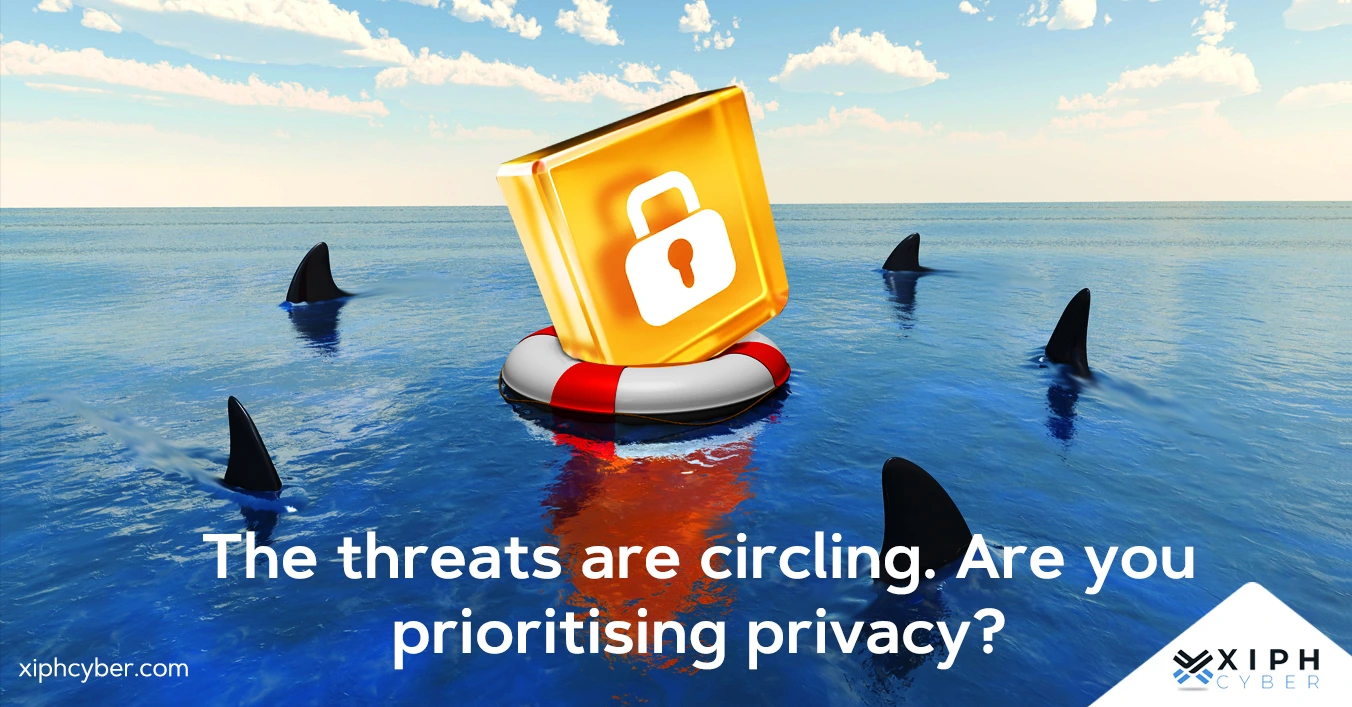Published Feb 21, 2020 by Xiph
The tech giant’s true face has been revealed and it’s not pretty. We’re only finding out now, but roughly two years ago, Apple performed a sudden 180-degree turn on its plans to fully encrypt iCloud backups, in order to give government entities easier access to user data.

The tech giant’s true face has been revealed and it’s not pretty
We’re only finding out now, but roughly two years ago, Apple performed a sudden 180-degree turn on its plans to fully encrypt iCloud backups, in order to give government entities easier access to user data.
Six separate sources revealed to Reuters that the tech giant had intended to offer its users iron-clad encryption on all data stored on iCloud, but after intense pressure from the FBI, scrapped its plans. The U.S. Federal Bureau of Investigation claimed that such encryption would limit their ability to interrogate the digital lives of suspected criminals and therefore interfere with investigations.
Whose side are you on?
If you were to believe recent coverage of Apple’s relationship with the U.S. government, it’d be easy to believe that Tim Cook and co. are not only on the side of the user, but they’re actively fighting the good fight for the sake of our privacy. It was reported that in 2016, Cook opposed a magistrate’s order to create an unlocked version of iOS in the wake of the San Bernadino shooting that saw the deaths of 14 people. Undeterred by allegations of siding with terrorists, Cook doubled down on his objections and entered a full-blown legal battle that ended in the FBI withdrawing its request (though as expected, they found an alternative third-party unlocking method).
This iCloud revelation undermines any public-facing, virtuous act on behalf of Apple and makes one wonder whether previous objections had more to do with protecting intellectual property than user privacy.
The scrapped plans
Apple’s initial intentions for iCloud security involved user-controlled, end-to-end encryption on all data. Designed to negate the efforts of hackers, this measure would put security back in the hands of the user and strip Apple of the ability to unlock encrypted data. The user and only the user would have a key to unlock the contents of their iCloud. For a tech behemoth like Apple, these plans would have gone a long way in convincing users that their privacy came first.
After hearing of the plans, the FBI’s cyber-crime agents and personnel from its operational technology division arranged private talks with Apple, where they argued that such measures would strip the bureau of their most effective method of collecting evidence against iPhone and iPad-owning suspects.
Joining the dots
While all signs point to the FBI engineering Apple’s reversal, some are arguing that the decision was made for more practical reasons. A former Apple employee claims that it’s likely the plans were scrapped due to concerns that users would end up forgetting or misplacing keys and end up locked out of their own iCloud. This theory, however, is held by a small minority, as surely Apple would have implemented user-controlled failsafe processes for such situations.
A more believable explanation might be that Apple caved for PR purposes, not wanting to risk the disdain of public officials for protecting those suspected of criminal behaviour or the possibility of being sued for intentionally withholding data that was previously available to government entities. This explanation is supported by the words of another former Apple employee, who claimed “They decided they weren’t going to poke the bear anymore”, referring to the company’s previous battles with the FBI over the aforementioned unlocked version of iOS.
We are more than they bargained for
While the revelation is noteworthy, it doesn’t really tell us anything that we don’t already know. If the conflict (or lack thereof) between Big Tech and the government is a game of chess, then we’re not even on the board. We’re less than pawns, as at least pawns possess some degree of agency that allows them to influence the outcome of the game. We have no influence. Our wants and needs aren’t merely taking a backseat, they’re locked away in the boot. ‘Privacy’ is rapidly becoming a marketing buzzword used by corporations to offer the undiscerning a sense of comfort while behind the scenes, they pursue their own interests and the interests of the similarly powerful.
It appears that Apple and their ilk move forward under the belief that for users, convenience trumps any niggling privacy concern. For the most part, they might be right. But you only have to scroll through the comments on any privacy-related article or discussion thread to notice that a growing number of people are asking the right questions and refusing to accept vague or manipulative or condescending answers.
We are the consumers. We are the one’s lining Big Tech’s pockets. They need us just as much as we need them. Once more and more of us realise that we have the power to speak truth to power, whether via raising our voices or by opting for alternative technologies and cutting them out of the picture entirely, we can start the process of taking back our right to genuine, evidenced and unobstructed privacy and security.
Food for thought!
Posted in: Security


